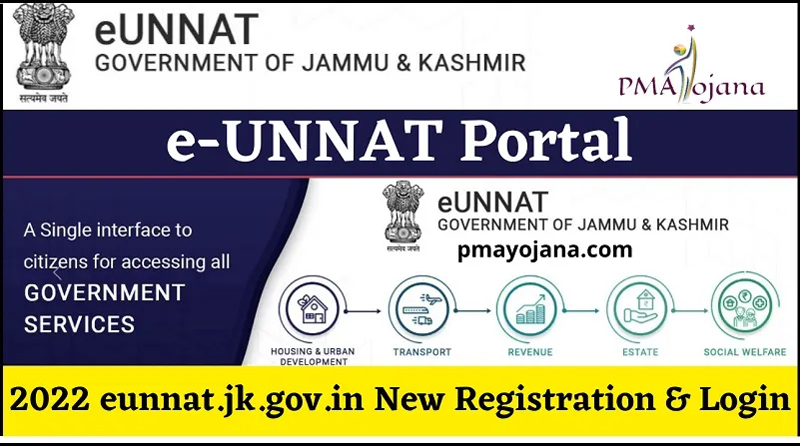In total, 913 citizen-centric online services have been added to the e-UNNAT portal. This accomplishment has propelled Jammu and Kashmir to the second position, trailing only behind Madhya Pradesh, among all states and Union Territories in India in terms of the number of online services accessible to citizens. This remarkable progress is a result of the ‘Digital J&K Programme,’ and the number of online services has seen an exponential increase, rising from a mere 35 services in 2021 to the current 913 services.
Efficiency, transparency, and prompt service delivery are the cornerstones of effective governance. For a long time, people have yearned for hassle-free application processes and home delivery of services without the need for follow-ups. Building on the success of domicile certificates, the administration embraced e-Government. Significant administrative decisions have been taken, hundreds of services have been brought under the purview of the Public Services Guarantee Act (PSGA), timelines have been established, and there is no room for excuses for delays. The administration has introduced automatic appeals for the majority of the services. Once an application is submitted online, the service must be provided within the stipulated timeframe. Failure to do so will automatically trigger an appeal to the First Appellate Authority. Departments that remain unresponsive and fail to provide explanations will face punitive action under the law. These decisions are aimed at strengthening democracy, with the public at the forefront. Citizens have certain rights, and officials must facilitate the realisation of those rights.
The Chief Secretary’s active involvement and frequent meetings are commendable. His efforts to ensure compliance with the directives within specified timelines have made departments more responsive and accountable in the long run. The Government is answerable to the public, and these initiatives are well-timed to meet the aspirations and expectations of citizens. Step by step, the administration has formulated plans to minimise physical interactions, establish paperless offices, simplify online applications, and automatically address delays. Evading responsibilities will no longer be effective, and the administration can assess department performance at any time and take corrective action if necessary. The successful transition from the traditional annual Darbar move to e-governance is clear evidence that handling files online is not only achievable but also leads to substantial cost savings. Through the implementation of an automatic redressal system in the online mode, which triggers actions if compliance is not met within a specified period, the Government has established a structured approach to address pending matters. This move towards digitalisation is driven by the Government’s commitment to provide efficient and accessible services to all residents.
e-UNNAT (Jan Sugam) has proven to be a significant blessing for the public, ensuring that services are delivered within specified timeframes. Furthermore, the implementation of the Rapid Assessment System (RAS) enables the collection of feedback regarding the satisfaction levels of these services. The effective utilisation of available technology has paved the way for innovative solutions that simplify service delivery. Despite the historical challenges faced by Jammu and Kashmir, the Government has successfully implemented these solutions and achieved the desired outcomes. The administration’s commitment to further streamline and enhance the delivery of services underscores the administration’s dedication to providing efficient and transparent governance.
Trending Now
E-Paper


